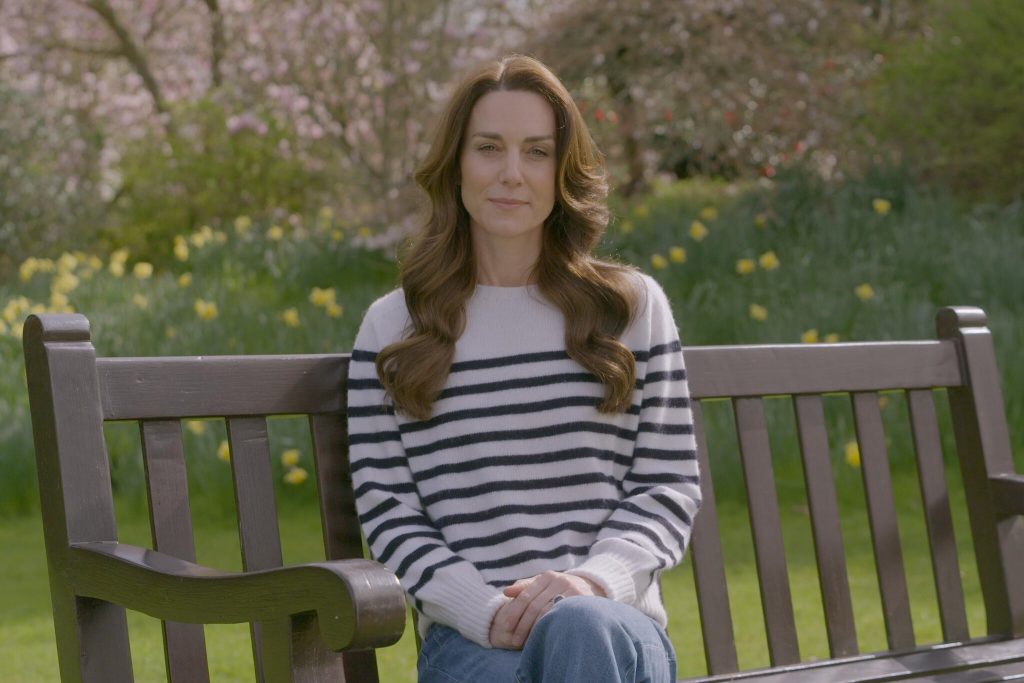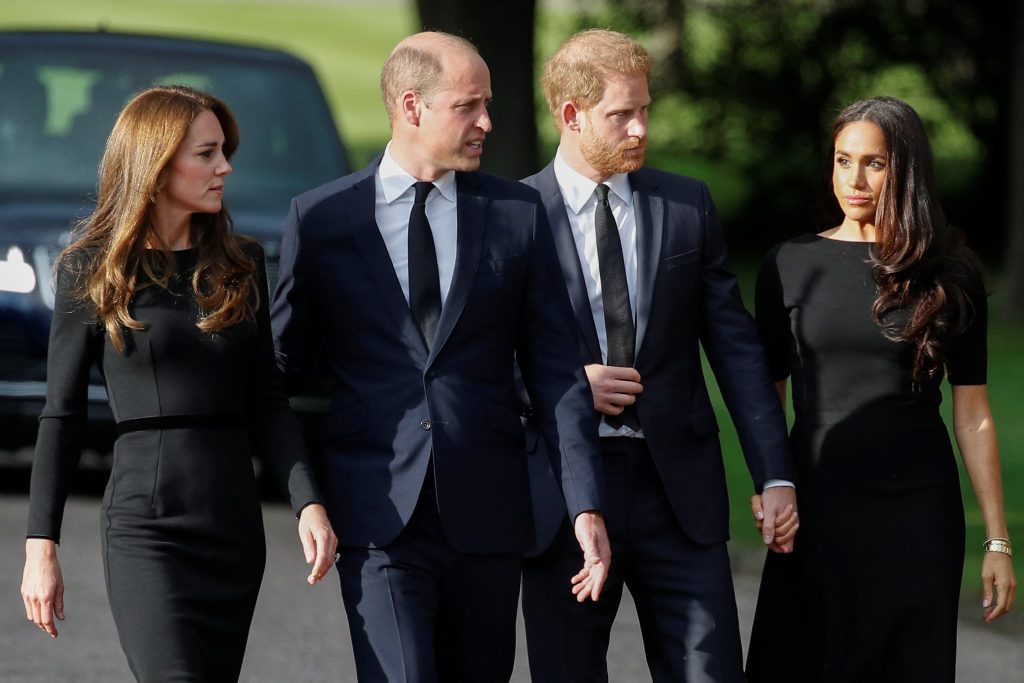After Catherine, Princess of Wales, announced her cancer diagnosis in March 2024, a brief statement from Prince Harry, Duke of Sussex, and Meghan Markle, Duchess of Sussex, reportedly stirred up tensions within the royal family, particularly with Prince William, Prince of Wales. As reported by The Independent, the Sussexes’ message read: “We wish health and healing for Kate and the family, and hope they are able to do so privately and in peace.” This statement, however well-intentioned, did not sit well with Prince William, but not for the reasons the public might assume.

While the world saw irony in Harry and Meghan’s call for privacy, given their own high-profile lives, William’s irritation was sparked by a more personal issue. In August 2024, a confidant of William’s disclosed to the Daily Beast that he was particularly irked by Harry and Meghan’s choice to refer to his wife as “Kate” rather than “Catherine,” a name she has explicitly asked to be known by.
“William takes offense at people calling Catherine ‘Kate,’ because she has asked to be known as Catherine,” the source stated. “It’s a fairly simple wish to respect. I’m sure Meghan wouldn’t appreciate it if William started publicly calling her ‘Meghan Markle.'” The confidant emphasized that, although it might seem trivial to outsiders, everyone within William’s circle knew this was precisely the kind of detail that would upset him. The insider further argued that the Sussexes’ use of the name “Kate” was seen by William as “an entirely unnecessary and deliberate irritation.” Another source corroborated this sentiment, revealing that William was indeed infuriated by the misuse of his wife’s name and advised that Harry and Meghan should use “Catherine” in any future communications if they hoped for any chance of reconciliation.

The nuances of this familial strife were highlighted in March 2024 when another source informed The Times that Prince Harry and Meghan Markle only became aware of Catherine’s cancer diagnosis when she publicly announced it. Despite the distance that had come between them, royal biographer Christopher Andersen told Fox News Digital that Harry was deeply affected by the news, given his previously close relationship with Catherine before Meghan entered his life. However, reaching out to his sister-in-law was not an option for Harry, as Prince William had reportedly restricted any contact. Royal expert Ingrid Seward explained to The Mirror that Catherine would only consider speaking with Harry if King Charles III requested it, but Seward doubted that the King would impose such a burden on his daughter-in-law during an already stressful time.

This delicate situation for Harry might become even more pressing, as he may soon have another reason to seek reconciliation with Catherine. In April 2024, royal expert Tessa Dunlop shared with Us Weekly that Harry regretted some of the content he included about Catherine in his highly publicized memoir, “Spare.” Dunlop elaborated, “When you discover that your sister-in-law has cancer and you’ve written things that can’t be taken back, that’s quite a painful position to be in.” Adding to the tension, Harry’s persistent reference to her as “Kate” throughout his book likely exacerbated the family’s discontent, particularly with William.
This ongoing story reflects the complex dynamics within the royal family, where public statements and personal grievances are deeply intertwined. Catherine’s preference to be called by her full name, which might seem a minor issue to the outside world, holds significant weight within the royal household. It is a matter of respect and personal boundaries that has broader implications for familial relationships.
Moreover, the Sussexes’ call for privacy amidst Catherine’s health crisis, while seemingly empathetic, highlights the ongoing struggle between public perception and private realities within the royal family. For Prince William, the use of the name “Kate” is not just a breach of etiquette but a symbol of deeper familial discord and perhaps a lack of understanding or respect from his brother and sister-in-law.
Ultimately, Catherine’s health battle and the Sussexes’ response to it underscore the fragile state of relationships within the royal family. As each member navigates their roles and responsibilities, both public and private, the importance of respect and understanding becomes ever more critical. Whether reconciliation is possible amidst these tensions remains to be seen, but it is clear that such personal matters are far from trivial within the royal context.